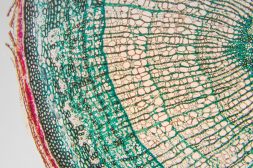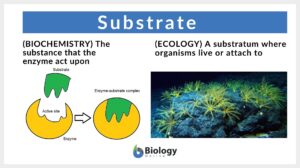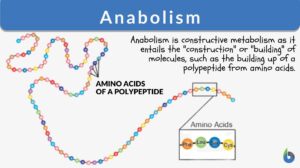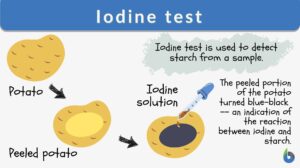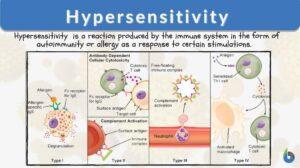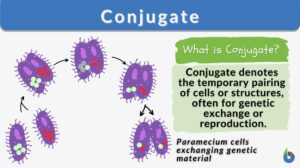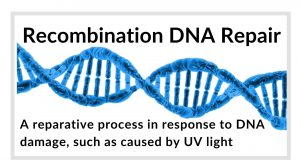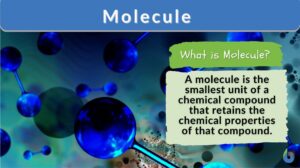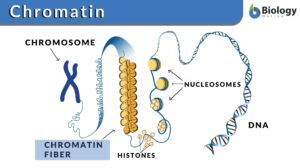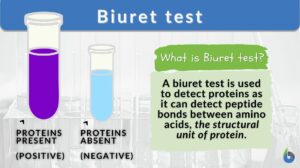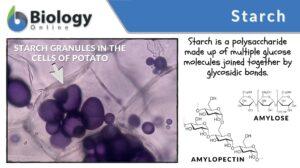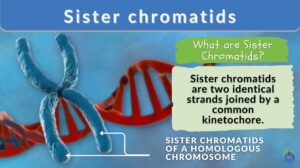Search Results for: complex
Nuclear pore complex
Definition noun plural: nuclear pore complexes ˈnu kli ər, pɔː ˈkɒmplɛks A complex of nucleoporins resulting in the... Read More
Major histocompatibility complex
Definition noun A cluster of genes on a particular chromosome that specify major histocompatibility... Read More
Synaptonemal complex
Definition noun, plural: synaptonemal complexes A complex protein structure that spans the region between the paired... Read More
Antigen-antibody complex
Antigen-antibody complex The complex formed by the binding of antigen and antibody molecules. The deposition of large... Read More
Enzyme-substrate complex
Definition noun A non-covalent complex composed of a substrate bound to the active site of the enzyme. Supplement The... Read More
At Home in the Universe: The Search for the Laws of Self-Organization and Complexity
At Home in the Universe: The Search for the Laws of Self-Organization and Complexity ... Read More
Apicomplexa
Definition noun A phylum comprised of protozoans characterized by having a special organelle called an apical complex, and... Read More
Vitamin B complex
Definition noun (pharmacology) A supplement containing the eight B vitamins, particularly thiamin (vitamin B1), riboflavin... Read More
Brother complex
Definition noun A feeling of extreme envy or jealousy of a brother. Word origin: Cain, a biblical character Synonym:... Read More
Apical complex
Definition noun An organ complex of the Apicomplexa that appears as a conical structures on the tapered end (or the apical... Read More
Catabolism
Catabolism Definition Catabolism is the branch of the metabolic process that breaks down complex, big molecules into... Read More
Plant Tissues
Plants are composed of three major organ groups: roots, stems, and leaves. As we know from other areas of biology, these... Read More
Photosynthesis
Photosynthesis is a physio-chemical process carried out by photo-auto-lithotrophs by converting light energy into chemical... Read More
Iodine test
Iodine Test Definition The iodine test is a chemical reaction-based identification test for starch. In this test, iodine... Read More
Complex learning processes
Complex learning processes Those process's that require the use of symbolic manipulations, as in... Read More
Hypersensitivity
Hypersensitivity Definition Hypersensitivity is the exaggerated immune response to protect the human from foreign bodies... Read More
Carbohydrate
Carbohydrate Definition A biomolecule refers to any molecule that is produced by living organisms. As such, most of them... Read More
Cellular respiration
Cellular Respiration Definition What is cellular respiration in simple terms? Cellular respiration can be defined simply as... Read More
Nucleoporin
Definition noun plural: nucleoporins Any of the family of porins that make up the nuclear pore complex Details Overview... Read More
Recombination DNA repair
Recombination DNA Repair Definition Recombination DNA repair is a biological reparative process in response to DNA damage... Read More
Monosaccharide
Monosaccharide Definition In biology and biochemistry, a monosaccharide is a simple sugar that constitutes the building... Read More
Biuret test
In this article we will answer the following three questions: What is a Biuret Test? What does biuret test for? What is... Read More
Lock-and-key model
Lock-and-key model Definition Lock-and-key model is a model for enzyme-substrate interaction suggesting that the enzyme and... Read More
Cell division
Cell division is a biological process by which a parent cell duplicates its cell contents and divides to give rise to two or... Read More
Sister chromatids
Sister Chromatids Definition Sister chromatids are defined as the two identical copies of a single replicated chromosome... Read More
Mitochondrion
Mitochondrion Definition What are mitochondria? The term “mitochondrion” comes from the two words of the Greek... Read More
Multiple alleles
Alleles are the pairs of genes occupying a specific spot called locus on a chromosome. Typically, there are only two alleles... Read More




